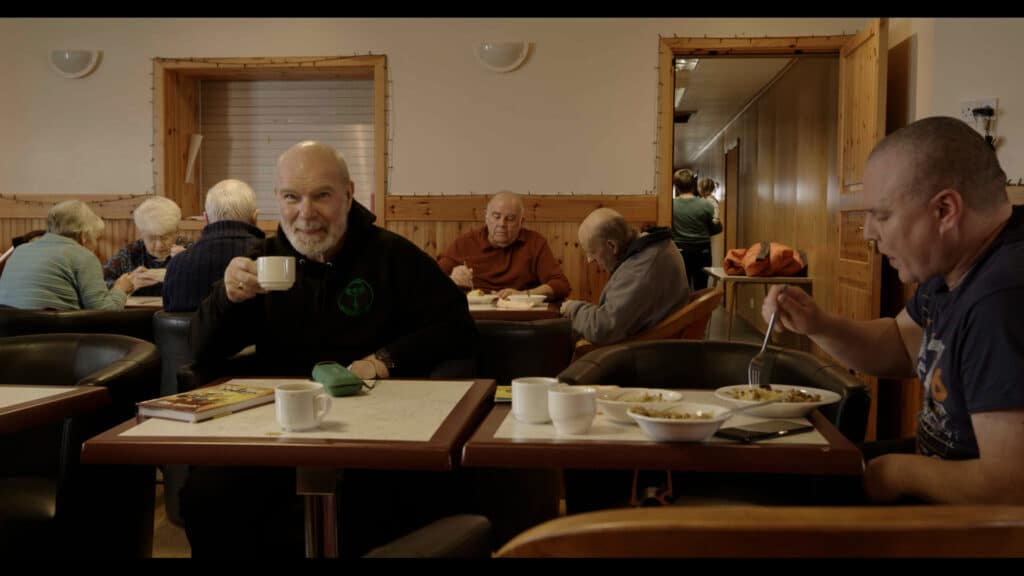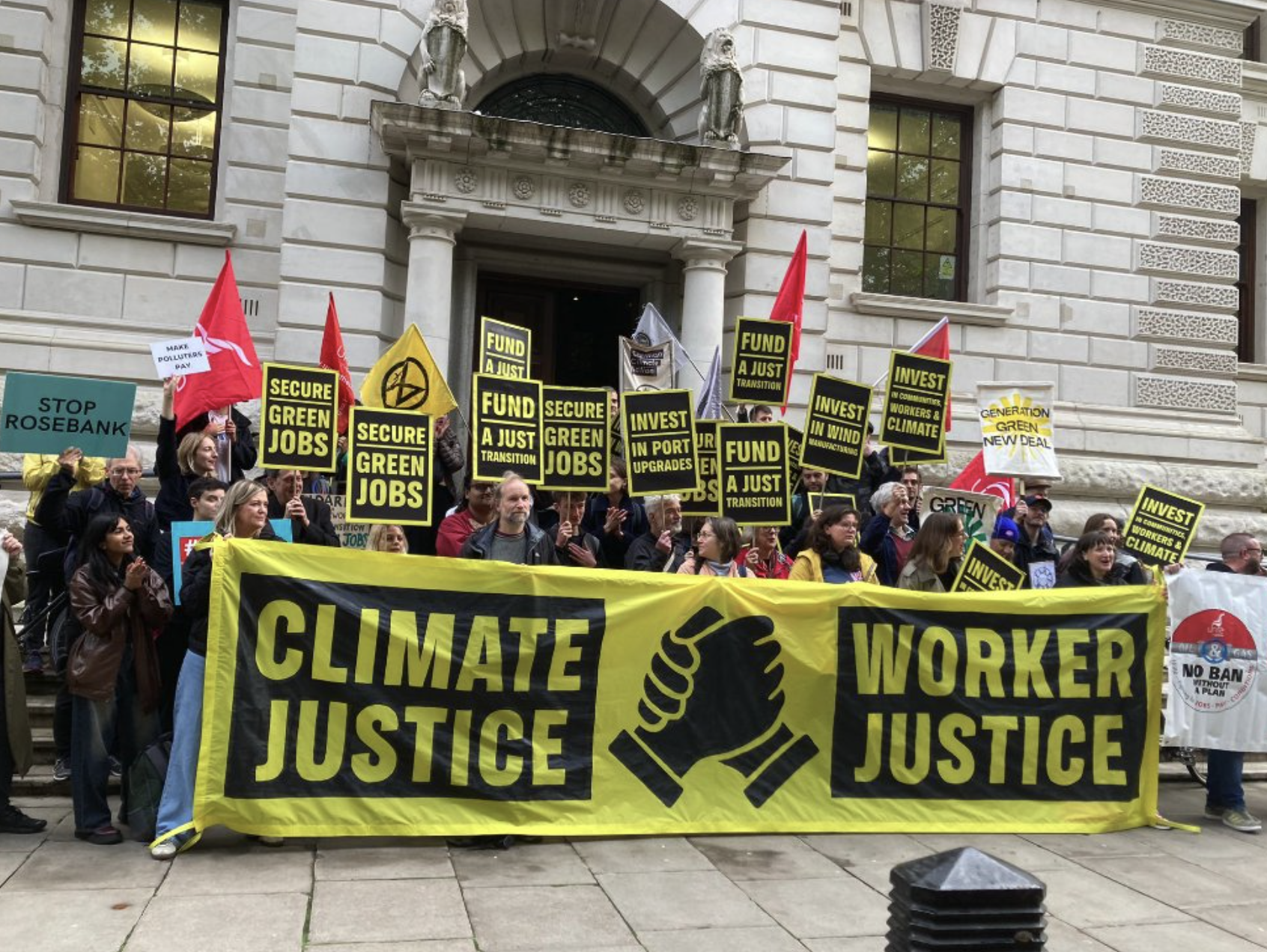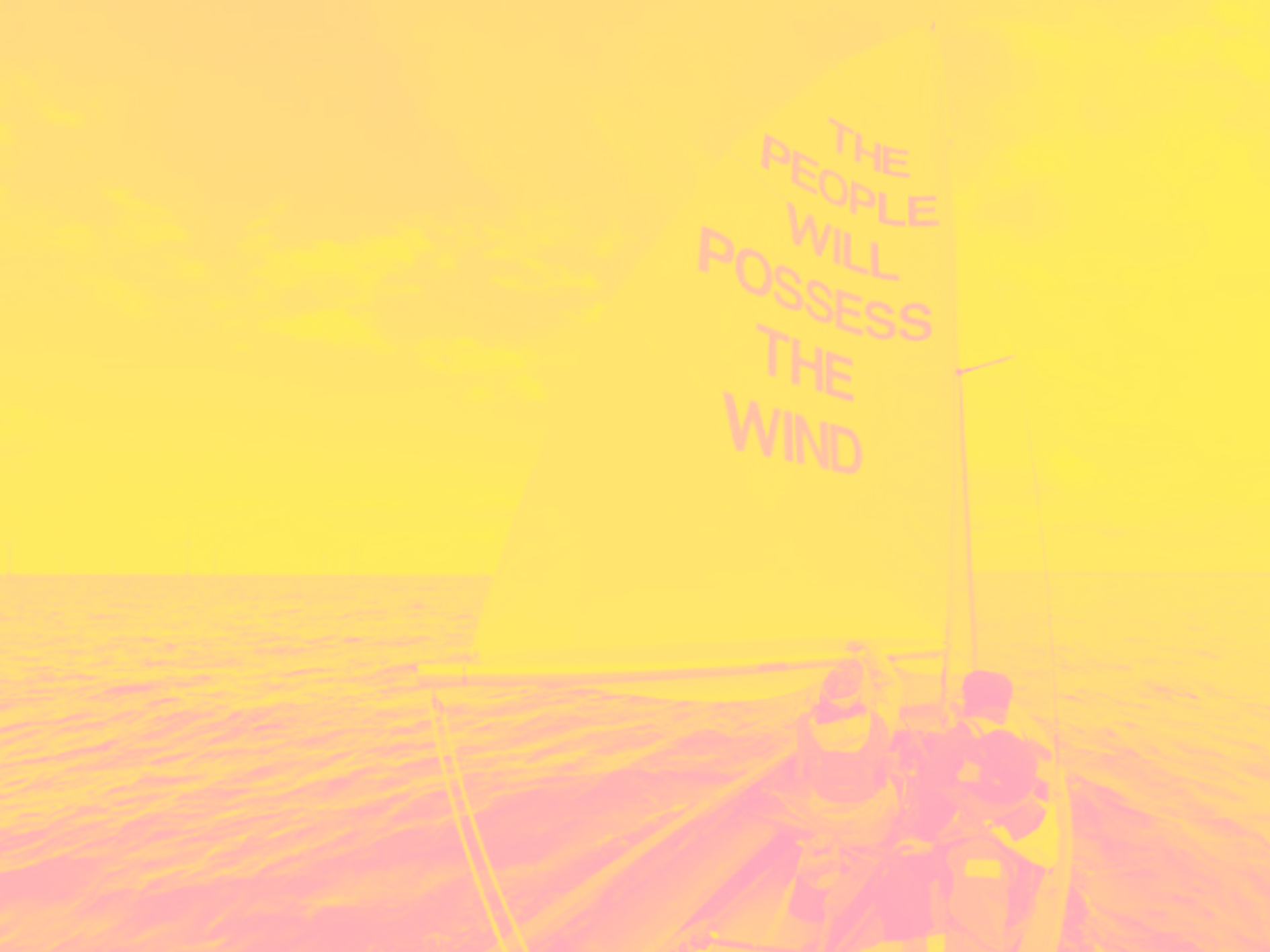Community-owned projects are punching well above their weight and returning vastly more wealth to local people than their privately-owned counterparts. So why make do with crumbs from the corporate table?
We’ve just published Social Value from Renewables in the Highlands and Islands, which compares the returns to local people from different types of renewable energy projects.
Community-owned energy is already creating resilient, flourishing local economies. Whether funding an out-of-hours ferry in Shapinsay, a lunch club in North Yell, or a major forest restoration project in Lewis, community energy can empower communities through social wealth generation.
But there’s a staggering imbalance in the distribution of profits generated by renewables.

This new data – gathered by Equitable Energy Research – shows that:
- Tilley, the Tiree Community Wind Turbine, returns over 100 times more economic value to the community than the privately-owned Beinn An Tuirc 1-2 Wind Farm, despite being around 1% of the size.
- Community-owned Garth Community Wind Farm returns around 90 times more value per MW to the community than the privately-owned Viking Wind Farm, despite being 100 times smaller.
- Orkney Community Wind Farms, wholly-owned by Orkney Islands Council, are set to deliver £5.5 million in revenue each year, helping to support public services across the islands.
- Despite huge potential gains from community ownership, just 0.5% – around 85MW – of this power is community-owned.

Wind power now produces enough electricity to power 10 million homes, yet many communities near these developments remain in fuel poverty, paying the highest energy prices in the UK. Thousands of people living in the Highlands and Islands are ‘hungry, homeless and without access to healthcare’, according to the Scottish Human Rights Commission. 40% of households in the Western Isles are in fuel poverty.
It’s imperative that we join the dots and realise community and public ownership at scale. Highland Council are pursuing shared investment in renewable energy projects through their Social Value Charter in order to generate a long-term revenue stream at a time of mounting austerity. By pursuing municipal energy ownership, councils can play an important role in accelerating the development of a just transition in Scotland.
Sign up to our mailing list to hear about our campaigns for community and public ownership.
Image: North Yell lunch club. Hazel Falck.



